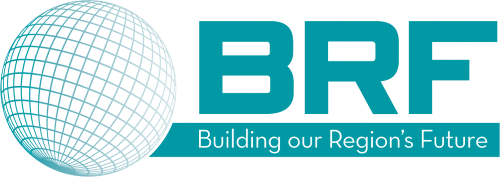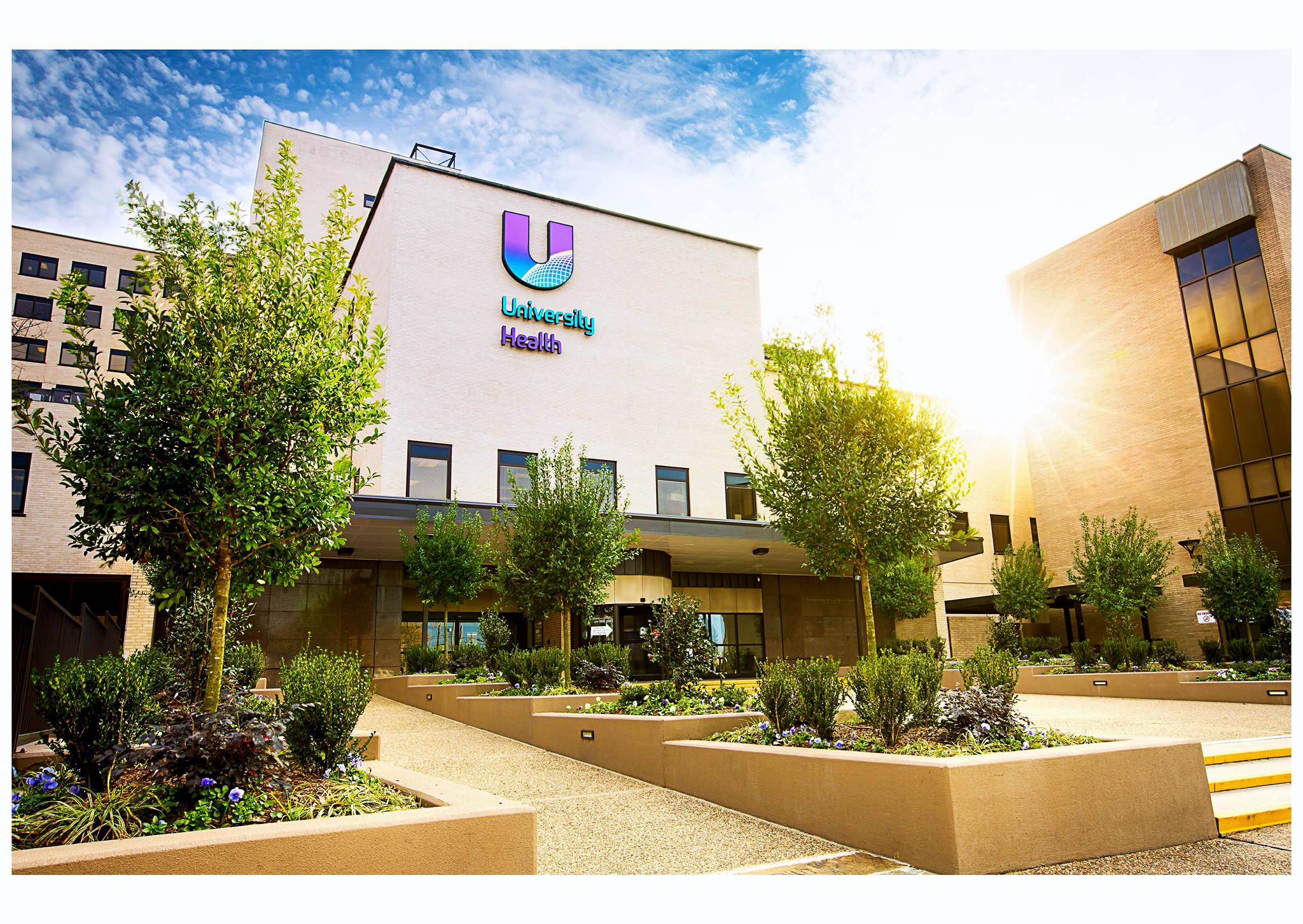USDA grant and UH match will fund $732k in upgrades
University Health System, with a United States Department of Agriculture (USDA) grant, will expand healthcare access to more than 500,000 rural Louisianians in 21 parishes with a new telemedicine infrastructure.
Biomedical Research Foundation (BRF) recently was notified its grant application on behalf of University Health has been selected as one of just two organizations in the state to receive the Distance Learning and Telemedicine (DTL) award.
“Telemedicine is an important part of modern healthcare in Louisiana, where we have citizens who have limited access to specialists. This grant and matching funds from University Health stand to greatly impact our rural residents,” said U.S. Senator Bill Cassidy, who wrote a letter in support of BRF and University Health.
Letters of support for the $485,237 DTL award also were provided by Congressman John Fleming, State Senator Barrow Peacock, Representative Sam Jenkins, and Representative Dodie Horton.
“This new infrastructure and equipment at 23 end-user sites will directly connect patients in rural parishes to specialists who will meet these patients’ needs as if they were in the same room with them,” said Rod Williams, UH President and CEO.
University Health will provide a $247,470 match to make the upgrades needed to provide access to expert medical care in rural, high needs communities.
“Patients in rural areas need access to specialists such as endocrinologists, pulmonologists, rheumatologists, GI and wound care specialists, ENTs and other doctors who may have clinics hours away from these communities,” said Wendy Rasmussen, RN and University Health Telemedicine Program Manager. “Thanks to these upgrades, we’ll be able to provide better and more regular care to thousands of people in Louisiana.”
Rasmussen said monitors for video conferencing at both doctor and patient sites and highly technical scopes for patient evaluation at the rural facilities will greatly improve quality of care for patients who have barriers preventing them from getting the help they need.
Rural community members in the service areas will benefit from increased access to care – including specialized medicine – improved health outcomes and quality of life, and reduced travel costs.
Other expected outcomes of the program include a higher number of patients receiving medical care from University Health doctors, and reduced emergency room visits and inpatient hospitalizations.
“This University Health initiative will greatly reduce barriers to care faced by rural and poor residents of Louisiana. That is our main goal with this grant and program. We have many high needs communities in the areas we’re serving, communities where chronic diseases such as diabetes, congestive heart failure and hypertension go undertreated,” said Maureen Meyer, UH grant consultant.
“We’re also addressing financial barriers with this program for community members who can’t receive care at most private hospitals and clinics by providing them access to University Health, the region’s primary safety net provider for under- or uninsured patients.”
The new telemedicine infrastructure will have a tremendous impact on UH’s ability to treat stroke patients in rural areas, according to Rasmussen.
The “window” for stroke treatment is four hours, she said, when appropriate care can prevent lasting disabilities and even death.
“We’re expanding telestroke services so stroke victims who are hours away from a specialist can be seen as soon as they arrive at the emergency room at a rural site. Our stroke doctors can start seeing them and reading their scans, and they can actually start giving stroke treatment at that time before they even get sent to University Health,” she said.
BRF, owner and operator of University Health System, will administer the grant funds on behalf of University Health.
“We are thankful to our legislators who found this program worthy and who supported us in this initiative. In line with our mission as the primary safety net hospital in this region is reaching as many underserved communities and residents as possible to connect them with advanced medicine and treatments,” said John F. George Jr., M.D, President and CEO of BRF.
Telemedicine sites:
University Health Shreveport, Feist-Weiller Cancer Center, University Health Conway – physician hubs
Bienville Medical Center, Bienville Parish
Bunkie General Hospital, Avoyelles Parish
Citizens Medical Clinic, Caldwell Parish
East Carroll Parish Hospital, East Carroll Parish
Forest Haven Nursing and Rehabilitation Center, Jackson Parish
Franklin Medical Center, Franklin Parish
Hardtner Medical Center, LaSalle Parish
Homer Memorial Hospital, Claiborne Parish
Jackson Parish Hospital, Jackson Parish
LaSalle General Hospital, LaSalle Parish
Madison Parish Hospital, Madison Parish
Reeves Memorial Hospital, Union Parish
Richardson Medical Center, Richland Parish
Richland Parish Hospital, Richland Parish
Sabine Medical Center, Sabine Parish
Springhill Medical Center, Webster Parish
Union General Hospital, Union Parish
West Carroll Medical Center, West Carroll Parish
Winn Community Health Center, Winn Parish
Southwest Louisiana Primary Health Care Center, St. Landry Parish
Jennings American Legion Hospital, Jefferson Davis Parish
Rapides Urgent and Multispecialty Clinic, Rapides Parish
Morehouse General Hospital, Morehouse Parish


